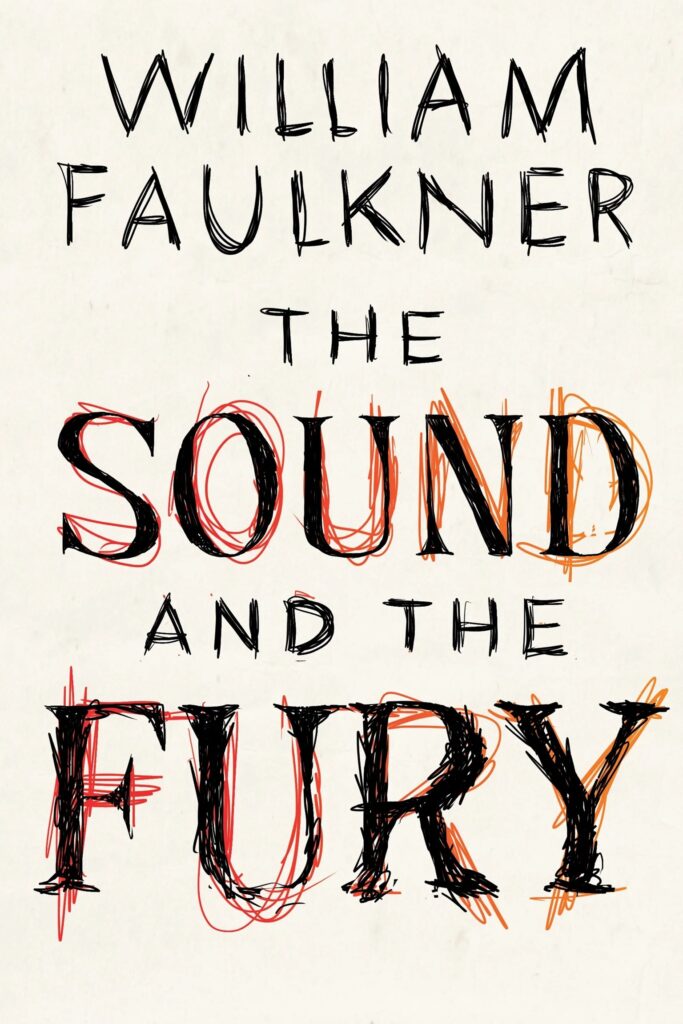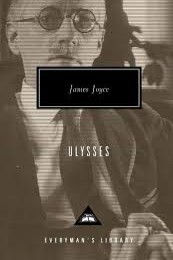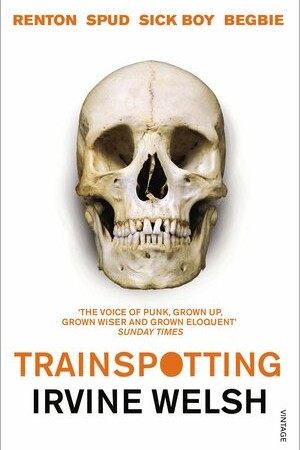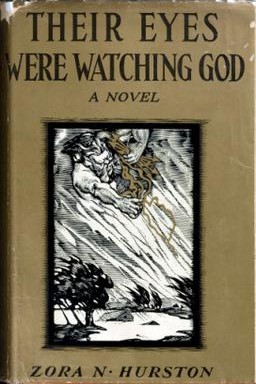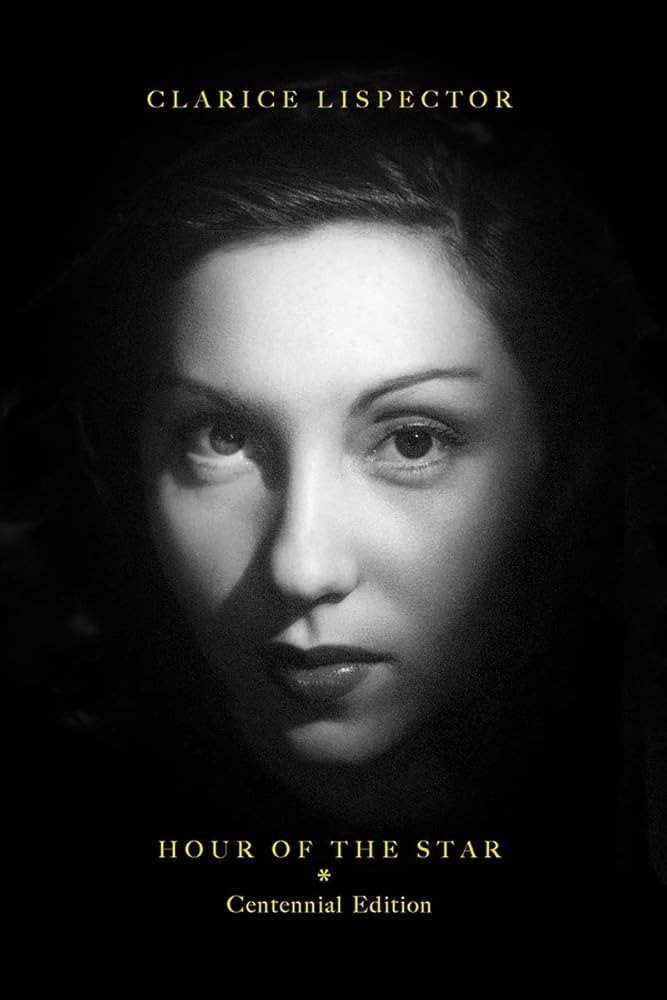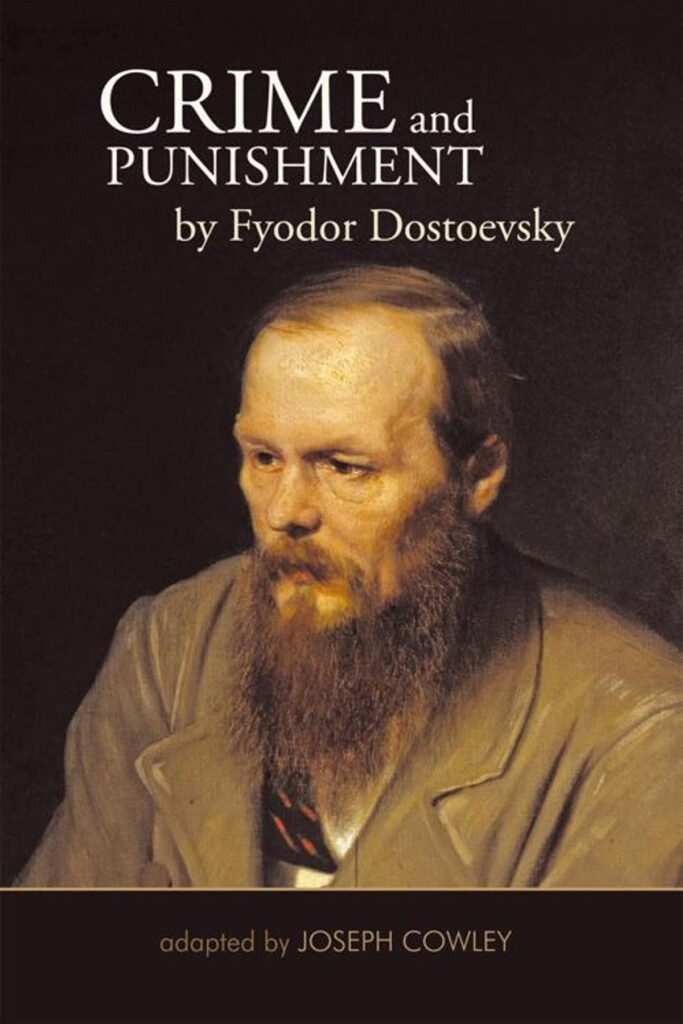Advertisement: Shop the Cutiest Candle Holders You’ll Ever Find
Have you ever wondered what hidden gems you might be missing by skipping over indie authors?
I’m not lying to you: I used to be a merciless reader. A single typo could be enough to distract me from the story, and a grammar error would make me cringe. After all, we have always been taught not to judge a book by its cover but to be unforgiving of its grammar.
Independently published works? An absolute no-no. I would turn my nose up to all of them. I wasn’t willing to take any chances and only picked the absolute perfect and the best.
Until someone I care deeply about gave birth to her beloved brainchild. It was profoundly meaningful to her to see her book published, a project she had poured many years of her life into.
I’m not going into too many details not to bore you, but I’ll say it was also an act of bravery. Writing in a non-native language, she saved money for over a year to hire editors – only to be duped by some budget freelancers who ran her text through an AI-powered writing software without reading a single word. The result was poor, to say the least.
Despite feeling insecure, she decided to publish independently. The other option was to hold back the project indefinitely until she set aside enough money to hire a professional editor and risk never sharing it. However, she was confident that the story was good and let it go out to the world, imperfections and all.
A lot of indie authors share similar stories, with small variations. Their books come out raw and with quirks and mistakes. Their grammar lack perfection and would benefit from professional editing, of course, but few have the means to hire professional help. Still, they take a leap of faith and boldly publish them.
My friend took an unfair share of over-the-top criticism. But, her narrative is worth every bump, and rising above them became easier with the turn of the pages. By the way, if you want some recommendations of other interesting indie books, read until the end… or just skip there, you choice.
Should We Judge a Book by Its Flaws?
It’s true that we readers have to ‘work harder’ not to be put off by errors, but sometimes the raw, unpolished voice of an indie author is an inherent part of the charm and authenticity of their work.
For centuries, good writing equalled polished writing, but is it really so? The world of fiction – like everything else in modern times – is evolving at light speed, so, maybe, it’s time to reevaluate what ‘good’ means: whether polished writing is enough or essential and, most importantly, what we might be missing when we dismiss a book for its imperfections.
Advertisement: The Best 6″ Colour eReader with Case

Lessons from Literary Giants: Famous Authors with Flawed Styles
In order for evolution to happen, rules must be broken. More than a few successful authors around the world have done that, and their stories resonated so deeply that we now revere them because of their quirks.
If you don’t believe me, you can take a look at William Faulkner, whose long, winding, and complex sentences, dense prose, unconventional punctuation, and shifting perspectives were considered challenging, to say the least. Or James Joyce and Irvine Welsh for their rejection of standard literary English and their prioritization of authentic voice over conventional clarity.
Let’s not forget the women writers like the wonderful Zora Neale Hurston – whose characters speak in dialects that defy grammar – and the brilliant Brazilian author Clarice Lispector, who challenged traditional narrative structures and wrote famously unconventional prose. And since we went outside the English-speaking realm, even Dostoevsky was criticized for having a raw language.
You may argue that those were not mistakes as they were done deliberately and not for lack of language skills, unlike when so-called ‘unprepared’ people ‘pretend to be authors’. But let me ask you: could you tell the difference if the text came without the writer’s name?
You still don’t have to open up to independent books, but…
When you do, you become part of a bigger cultural shift. Independent publishing is growing, and traditional publishing is shrinking. The latter has been facing challenges and adjusting, not always with a corresponding improvement in quality. Although not as often as it happens with independent fiction, I have found more typos and errors in recently published books, probably due to rushed deadlines and pressure on editors and proofreaders. I have also seen an increasing number of complaints on social media regarding this issue.
Besides, not all indie works are unpolished: those independent authors who can afford it spend high amounts of money – which they may never recover in sales – to get the perfect book out. The quality of those, in terms of language correction, is par with traditional ones.
In any case, when you read an indie book, you’re not just consuming a product. Many flawless books by famous authors are so commercial-driven that they turn out hollow of meaning and emotion. Indie authors have creative freedom and can remain true to their stories. Most aren’t trying to impress – they’re trying to connect. Their narrative feels real because they write from a place within their hearts and soul, and not only from the mind.
It’s worth noting that I am not saying to celebrate errors and even less that they are what make those stories special, far from that. Some books are just under-edited or poorly executed, offsetting the value that might exist in their work.
What I propose is to give a chance to a literary space that offers distinct perspectives. Allow yourself to be uncomfortable, and you may be unexpectedly surprised.
Perfection doesn’t guarantee great fiction. Emotion and humanity do.
Now, The Promised Indie Recs
Affiliate links used here. We may earn a small commission at no cost to you.
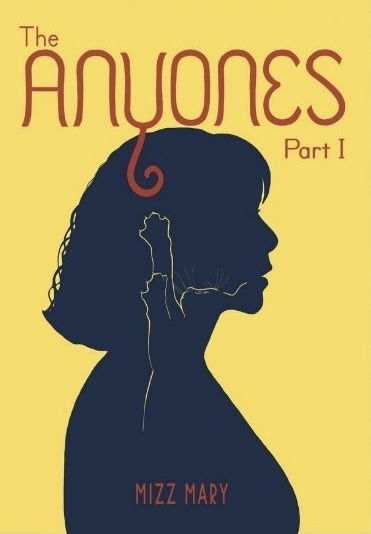
Before you say I made her up, the indie author I talked about at the beginning of this article is Mizz Mary, writer of The Anyones Trilogy. It is a coming-of-age novel set in the fictional Republic of Slagmark during the tense national election of 1995. It’s focused on seventeen-year-old Mia, who is privileged, sheltered, and largely unaware of life’s harsher realities, with a touch of magic permeating what could be anyone’s reality.
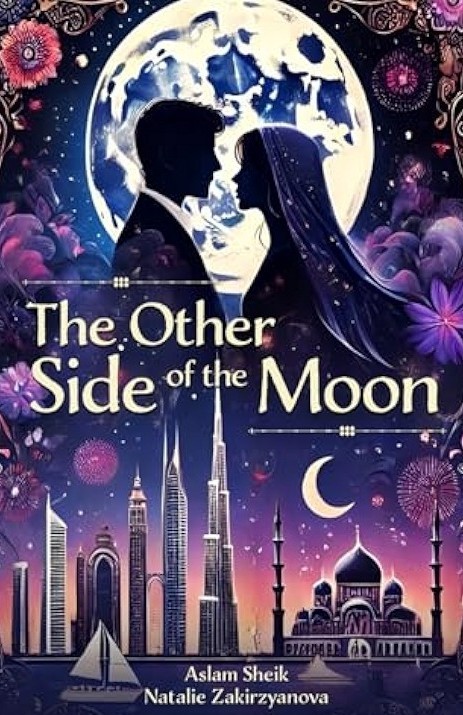
The Other Side of The Moon by Aslam Sheik (co-authored with Natalie Zakirzyanova) is a poignant novel centered around an unconventional love story between an autistic Indian boy and a writer. Beyond the beautiful cover, the book challenges perceptions, inviting readers into a story where time lingers and silence actively listens. The novel is described as emotionally moving, touching the soul through an evocative narrative that stands apart from typical romances
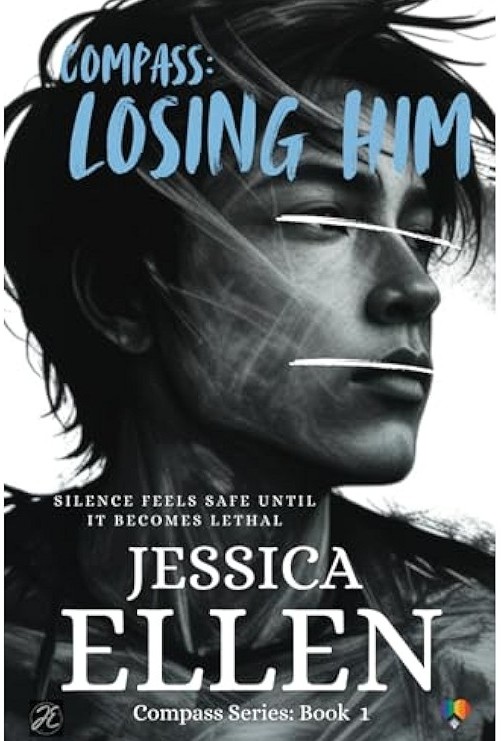
Compass: Losing Him, by Jessica Ellen, is the first book in a thought-provoking YA/New Adult trilogy that explores family trauma, enduring love, and the power of found family. It follows Daniel, a teen who has learned to survive his dysfunctional home by keeping silent. The story delves deeply into mental health, the complexity of depression, and the emotional challenges of supporting someone you love.

Ava by Lydia L. Baker follows Ava, who has been forced to live as Alec behind the oppressive walls of a city controlled by the mysterious MTech. As MTech’s power grew, her only means of survival was hiding her true identity. Her journey is as much about reclaiming her identity as it is about discovering if anything has survived in a world changed by fear and control. It’s a story of courage, identity, and the hope for readers who love unpredictable stories.
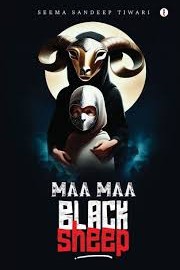
Maa Maa Black Sheep by Seema Sandeep Tiwari tells the story of Mary Watson, a real estate tycoon struggling with memory loss after a tragic car accident in Grand Marais, Minnesota, thirty years ago. The accident took her sister’s life and forced Mary to hide a painful secret, one that her husband – a criminal defense lawyer – has helped her keep. But Mary’s nightmares and panic attacks mean the past is never really forgotten. When events bring old memories back to the surface, family tensions erupt, pitting her daughter against her adopted niece. Mary is left facing a choice that could jeopardize everything she cares about.
Other Books Mentioned in This Article
- William Faulkner: The Sound and the Fury (1929)
- James Joyce: Ulysses (1922)
- Irvine Welsh: Trainspotting (1993)
- Zora Neale Hurston: Their Eyes Were Watching God (1937)
- Clarice Lispector: The Hour of the Star (1977)
- Fyodor Dostoevsky: Crime and Punishment (1866)
Thinking of ditching your Kindle? Discover the perks of e-ink tablets that empower readers beyond Amazon here.







